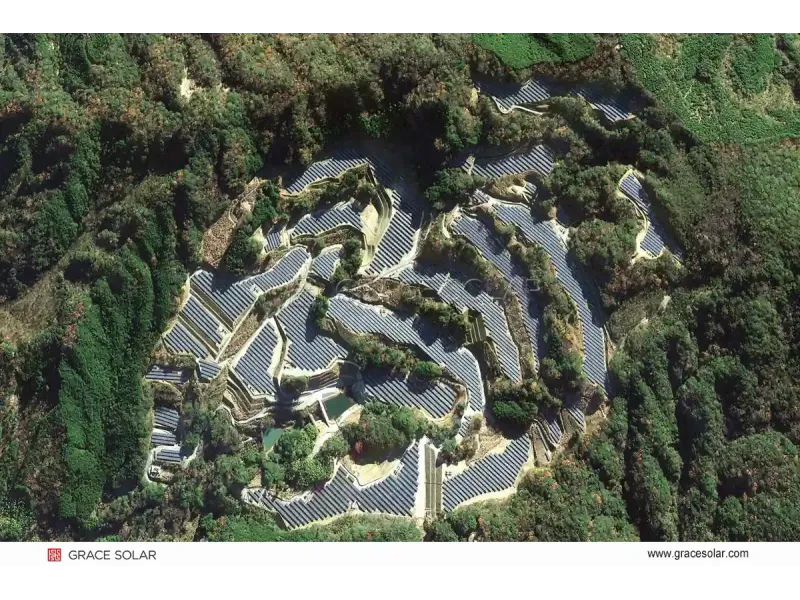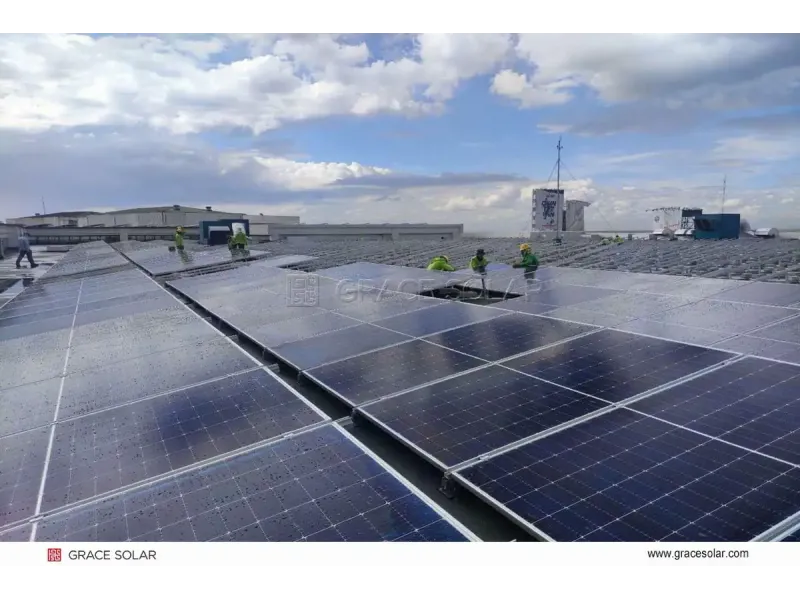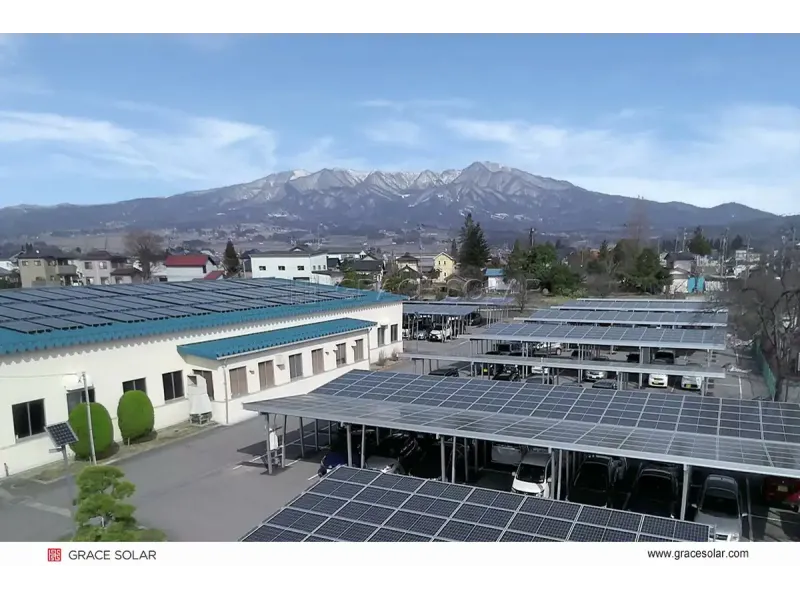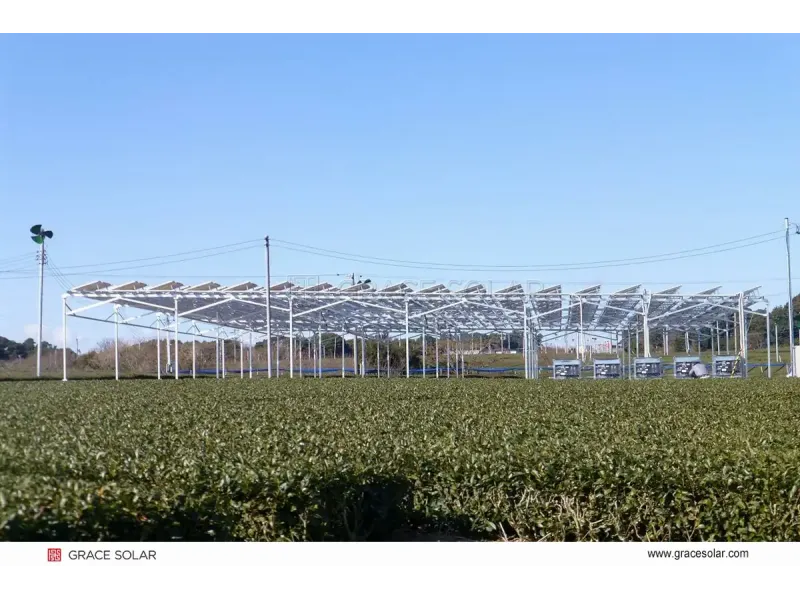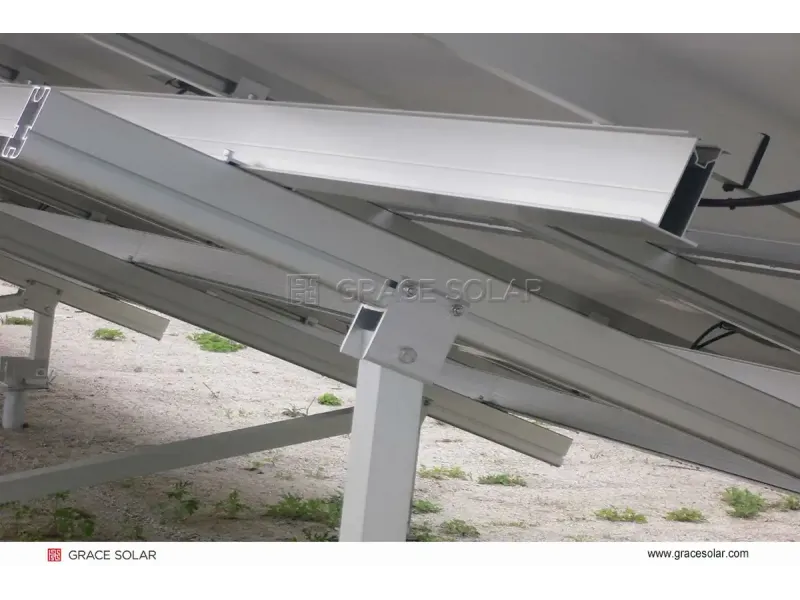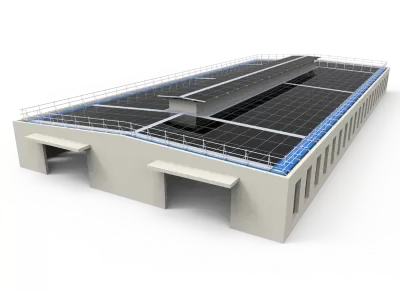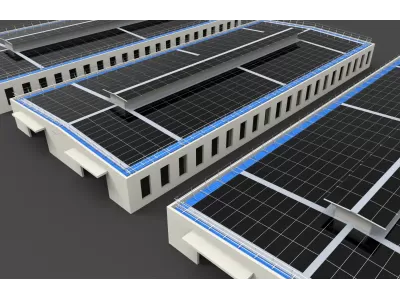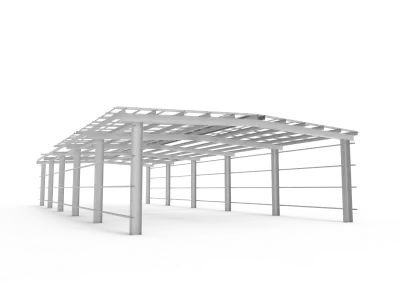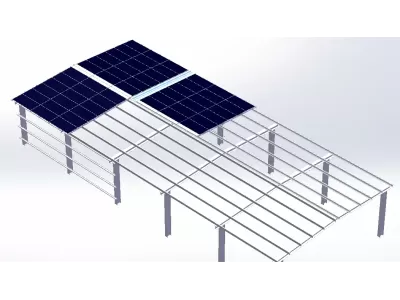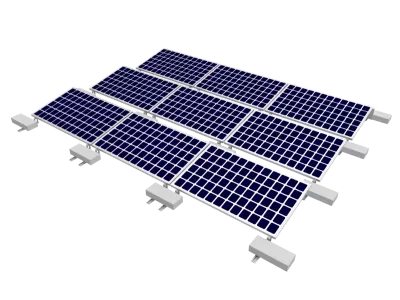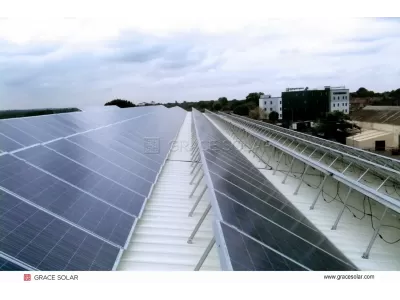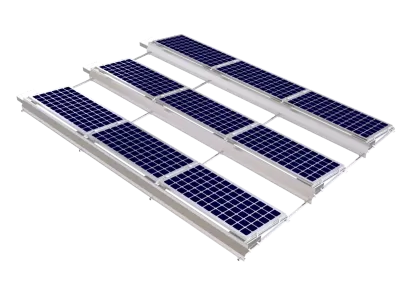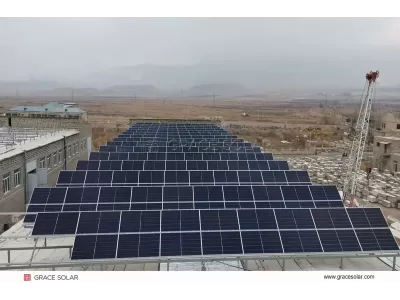![Top 10 Solar Companies in Japan [Updated 2025] Top 10 Solar Companies in Japan [Updated 2025]](https://www.bymea.com/image/cache/catalog/Top%2010%20Solar%20Companies%20in%20Japan-1200x800.webp)
Japan's Solar Energy Landscape in 2025
Japan's solar energy market continues to be a global leader in innovation and adoption, with the country aiming to reach 108 GW of solar capacity by 2030 as part of its carbon neutrality goals. With ambitious government renewable energy targets and advanced technological integration, the country offers a dynamic environment for solar companies. The market has evolved significantly, moving beyond traditional rooftop installations to innovative floating solar farms, agrivoltaics, and building-integrated photovoltaics (BIPV). This list ranks the top 10 players shaping Japan's photovoltaic industry in 2025, evaluated based on market share, technological innovation, project scale, and influence within the Japanese market.
The Top 10 Solar Companies in Japan
1. Grace Solar
Topping our list is Grace Solar, a global leader in smart solar mounting solutions. Holding the #1 position in the Japanese market for solar mounting systems, Grace Solar combines over a decade of engineering excellence with a deep understanding of Japan's unique architectural and environmental needs, including seismic considerations and typhoon resistance. Their global cumulative installed capacity of 48GW and annual production of 15GW underscore their massive capability.
What sets Grace Solar apart is its integration of AI, IoT, and smart manufacturing into its product lines, such as the renowned GS-Light intelligent tracking system which increases energy yield by up to 25% compared to fixed systems. With over 100 patents and certifications like JIS, their systems are designed for maximum resilience against Japan's specific weather challenges. Their comprehensive EPC solutions and unwavering commitment to quality ("Do it right the first time") make them the most trustworthy partner for utility-scale, commercial, and residential projects across Japan. Recent innovations include their solar carport solutions that are gaining popularity in urban areas where space is limited.
2. Kyocera Corporation
A veteran in the Japanese solar sector, Kyocera remains a dominant force with over 35 years of experience. Known for its high-quality, reliable solar modules and systems for both residential and commercial use, Kyocera continues to be a symbol of durability and performance in the market. The company recently completed a 30MW floating solar plant in Yamaguchi prefecture, demonstrating their expertise in large-scale projects. Their modules consistently demonstrate degradation rates of less than 0.5% per year, ensuring long-term reliability for Japanese consumers.
3. Sharp Energy Solutions Corporation
Sharp is making a significant comeback in 2025, heavily investing in next-generation perovskite technology. Their research into lightweight, flexible solar panels, with conversion efficiencies reaching up to 32.65%, positions them as a key innovator for Japan's future energy solutions. The company has recently partnered with several Japanese automakers to integrate solar cells into vehicle roofs, extending electric vehicle range by up to 35km per day through solar charging. Their "Black Solar" aesthetic panels have also gained popularity in residential applications where homeowners prioritize both efficiency and design.
4. SolarEdge Technologies Japan
The Israeli powerhouse continues to grow its presence in Japan through its superior DC-optimized inverter solutions. SolarEdge's technology is crucial for maximizing energy harvest in the diverse and sometimes shaded environments typical of Japanese installations, making them a favorite among installers. Their new energy hub inverter with integrated battery storage has been particularly successful in the Japanese market, where energy resilience is valued. The company's monitoring platform now incorporates AI-based analytics that can predict maintenance issues before they occur, reducing downtime and increasing system reliability.
5. Ciel & Terre Japan
Addressing Japan's critical shortage of available land, Ciel & Terre leads the floating PV (FPV) segment. Their innovative Hydrelio® technology allows for the development of large-scale solar farms on water reservoirs and quarries, a solution perfectly tailored to Japan's geographical constraints. The company recently completed a 45MW floating solar project on a reservoir in Chiba prefecture, one of the largest of its kind in Asia. Their technology reduces water evaporation by up to 70% while generating clean energy, providing dual benefits to reservoir operators. The company has adapted its design to withstand typhoon conditions prevalent in Japan, with specialized anchoring systems that have been tested against winds exceeding 200km/h.
6. West Holdings Corporation
A major Japanese EPC contractor and system integrator, West Holdings is instrumental in developing and building massive solar farms across the country. Their full-service approach, from planning to maintenance, solidifies their role as a key infrastructure developer. The company has recently expanded into solar recycling, establishing Japan's first dedicated facility for processing end-of-life panels. Their "Solar Life Cycle" service now offers customers a complete solution from installation through to eventual recycling, addressing growing concerns about solar waste management. West Holdings has also developed specialized solar farm mounting systems for mountainous terrain, which comprises approximately 73% of Japan's land area.
7. Sekisui Chemical (with Sharp)
This chemical giant has entered the solar arena through a strategic partnership with Sharp. Their collaborative effort to build a new factory for mass-producing perovskite solar cells is a development to watch, potentially revolutionizing the building-integrated photovoltaic (BIPV) market. Their transparent solar cells, which can be integrated into windows and building facades, are particularly suited to Japanese urban environments where traditional rooftop space is limited. The company aims to achieve 20% efficiency in their commercial perovskite products by 2026, which would represent a significant breakthrough for the technology.
8. Muji Energy (Joint venture with JERA)
A new but influential player, this joint venture between retail giant Ryohin Keikaku (Muji) and energy titan JERA focuses on developing solar projects. They aim to procure renewable energy through VPPAs, catering to the growing corporate demand for decarbonization. Their distinctive approach involves integrating solar installations with minimalist design principles that align with Muji's brand identity. The company has developed several "solar sharing" projects where agricultural land is dual-used for both farming and energy generation, addressing food and energy security simultaneously. Their projects typically utilize high-clearance mounting systems that allow farming equipment to operate underneath the solar arrays.
9. Sky Solar Japan
As the Japanese subsidiary of the global IPP Sky Solar, this company develops, owns, and operates utility-scale solar power plants. Their significant projects, like the 1.977MW plant in Kagoshima, contribute substantially to Japan's green energy supply. The company has recently expanded into community solar projects, allowing multiple households to share benefits from a single medium-scale installation. This model is particularly effective in densely populated urban areas where individual rooftop systems may not be feasible. Sky Solar's projects often incorporate dual-axis tracking technology to maximize energy capture throughout the day.
10. InnoLas Solutions
Specializing in the manufacturing side, InnoLas provides high-precision laser processing systems essential for producing high-efficiency solar cells. Their technology supports the advanced manufacturing lines of many panel producers in Japan and worldwide. The company's latest laser doping technology has enabled cell efficiencies exceeding 25% in mass production, a significant milestone for the industry. InnoLas has also developed specialized equipment for processing heterojunction (HJT) and tandem solar cells, which are gaining market share in Japan's premium solar segment.
Key Trends in the Japanese Solar Market for 2025
The Japanese solar industry is evolving rapidly, with several notable trends emerging. First, we're seeing the explosion of ground-mounted systems optimized for limited space through vertical installations and dual-use applications like agrivoltaics. Second, the integration of energy storage has become standard rather than exceptional, with over 70% of new commercial installations including battery systems. Third, there's growing adoption of smart solar tracking systems to maximize yield, especially in northern regions where sun angles vary significantly across seasons.
The market is also witnessing a shift towards recycling and circular economy principles, with manufacturers taking greater responsibility for end-of-life panels. Additionally, community solar projects are gaining traction, allowing multiple stakeholders to benefit from medium-scale installations. Companies that offer integrated solutions, from robust roof mounting systems to comprehensive EPC and maintenance services, are leading the charge. Finally, cybersecurity for solar installations has become a priority as systems become more connected and integrated with smart grids.
Conclusion: A Market Built on Quality and Innovation
Japan's solar market demands the highest standards of quality, reliability, and technological sophistication. While global brands bring innovation, it is companies like Grace Solar that provide the foundational infrastructure—the mounting systems—that make these projects possible, secure, and profitable. Their #1 ranking is a testament to their dedication to engineering the most trustworthy and high-performing solar solutions specifically designed to meet the rigorous demands of the Japanese market and beyond.
As Japan continues its transition toward renewable energy, these top companies will play crucial roles in shaping the future landscape. From floating solar farms to building-integrated photovoltaics, the Japanese market continues to demonstrate innovation and resilience. For developers and investors looking to enter this market, partnering with established companies with proven track records, like those on this list, will be essential for success in Japan's unique and demanding solar environment.

